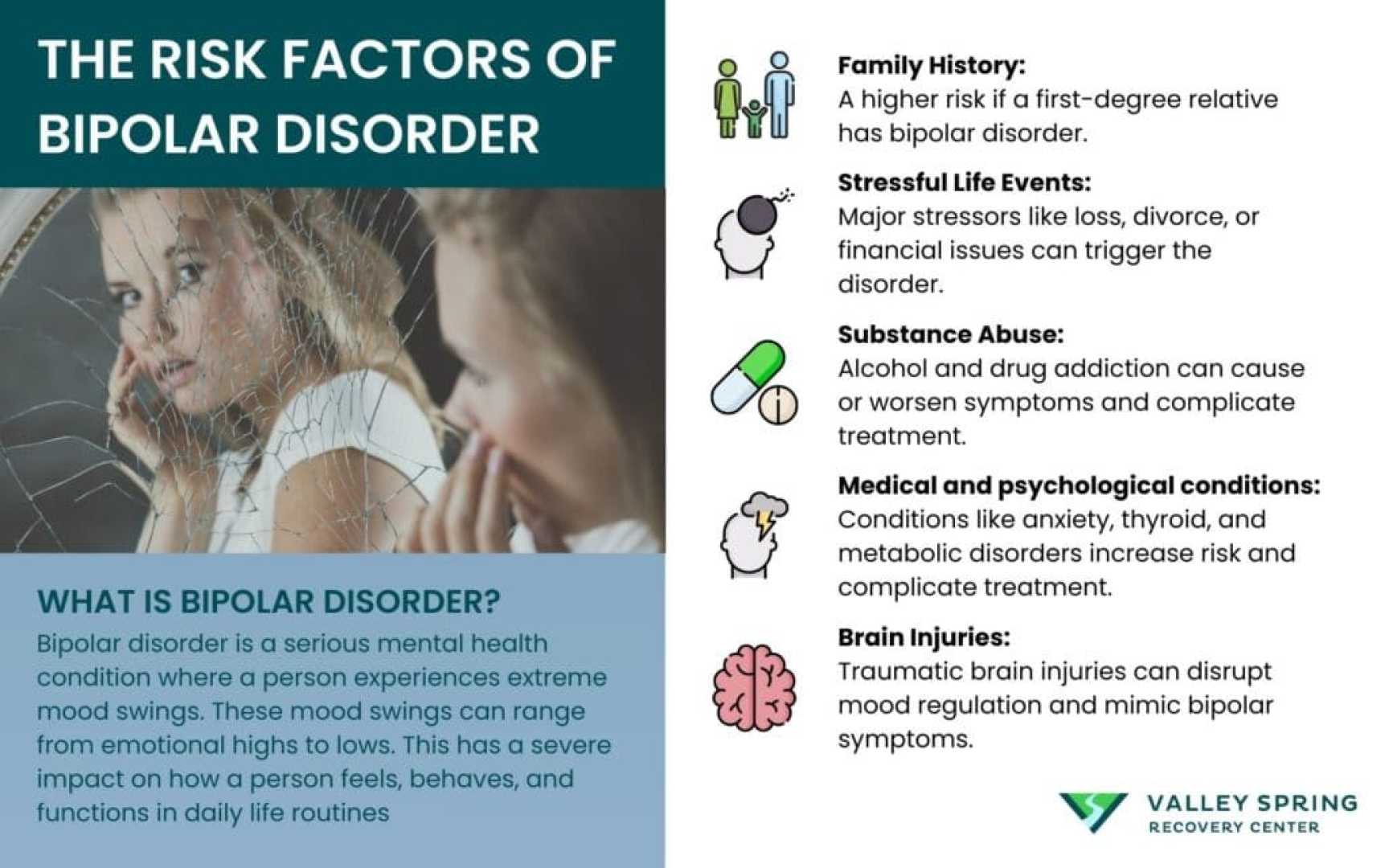Health
Study Links Bipolar Disorder to Increased Cardiovascular Risks

VITORIA-GASTEIZ, Spain – A recent study published in “Bipolar Disorders” reveals that individuals with bipolar disorder are at a heightened risk for cardiovascular events. The research, conducted between October 2019 and June 2023, analyzed data from 65 patients diagnosed with bipolar disorder and 29 healthy peers.
According to the findings, participants with bipolar disorder exhibited a 3.1% risk of cardiovascular events compared to 2.2% in the healthy group. The study highlights a concerning correlation between bipolar disorder and unhealthy physiological markers, such as body composition, cardiorespiratory fitness, and elevated inflammatory biomarkers.
“The results of this preliminary analysis of a population with BD [bipolar disorder], presenting CVR factors [cardiovascular risk factors], spotlight the need to promote transdisciplinary healthy lifestyle programs for all people, including those mentally ill, to prevent premature death from somatic causes,” said lead author José Etxaniz-Oses.
Bipolar disorder is characterized by extreme mood fluctuations that encompass episodes of mania and depression. Symptoms of mania may include heightened energy, reduced need for sleep, and impulsive behavior, while depressive episodes typically involve persistent sadness and loss of interest in daily activities.
The FINEXT-BD study assessed various health parameters, including participants’ body mass index (BMI) and cardiorespiratory fitness. The results indicated individuals with bipolar disorder had a higher BMI and waist-to-hip ratio, along with elevated fat mass.
“We found that participants with bipolar disorder are significantly more likely to present with higher body fat and other adverse health markers compared to their healthy counterparts,” Etxaniz-Oses noted.
Testing also revealed that participants with bipolar disorder had elevated levels of C-reactive protein, a key inflammatory marker associated with cardiovascular risk. Their cardiorespiratory fitness levels were notably lower than those without the disorder, suggesting further implications for overall health.
The study comes in light of existing literature linking bipolar disorder with increased mortality, particularly from cardiovascular diseases. The researchers advocate for a more thorough investigation into the connections between mood disorders and physical health.
Despite the insights gained from this study, the authors also acknowledge the limitations, including the small sample size, which may affect the generalizability of the findings to wider populations.
Future research is necessary to explore whether the cardiovascular risks observed are specific to bipolar disorder or reflective of broader mental health concerns. Understanding these dynamics is crucial in tailoring effective interventions.
In conclusion, the research underscores the vital intersection between mental health and physical well-being, emphasizing the necessity for integrated care strategies to address these multifaceted health challenges.












